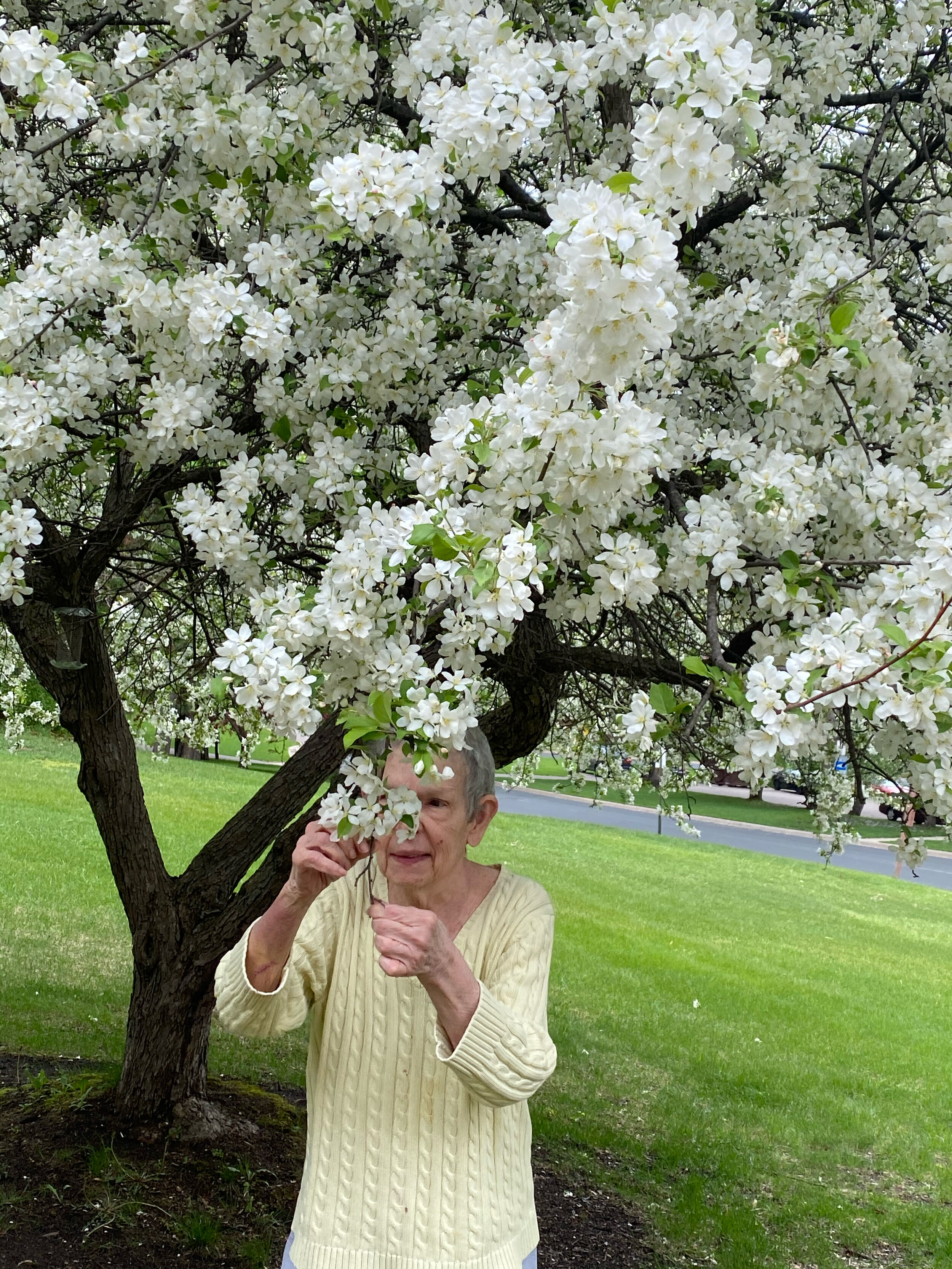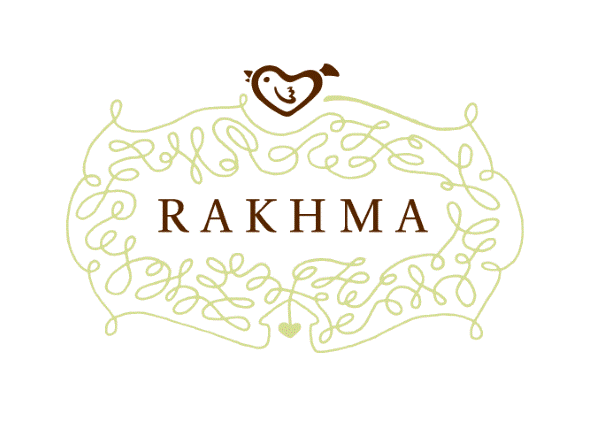
Loving care for memory loss
Home-based assisted living for those with dementia & Alzheimers
Admissions
Rakhma provides assisted living for individuals living with dementia, Alzheimer’s, and other forms of memory loss. As a mission-driven non-profit we do not discriminate on the basis financial ability and accept private pay residents as well as those who qualify for Medical Assistance, GRH, Elderly Waiver, CADI, TBI, and BI waivers.
Why Choose a Group Home?
Rakhma filled a community need when founder, Shirley Shaw, created the first residential social-model of care for elders with memory loss in 1984. Shirley worked as a home health aide and recognized that elders were isolated and often lonely. Some needed assistance, but were far from requiring expensive, institutional care. The home model provides a smaller, intimate environment, and higher staff ratios are able to meet the needs of those with cognitive decline. It is especially successful in minimizing behaviors associated with dementia. Residents participate in chores, like watering plants, peeling potatoes, or folding towels, to increase their purpose, while the home setting and stable staffing alleviate fears and restore calm.
Shirley's residential social-model proved a success, resulting in the opening of two more homes, and the writing of a book, The Rakhma Story, which details the Rakhma model for others. Today, hundreds of residential social models exist in Minnesota for individuals affected by memory loss.

Our Mission
Rakhma champions dignity in the care of individuals living with memory loss in a familiar home environment.
Our Vision
Rakhma serves as a leading memory care provider grounded in a person-centered approach that advances the social care model and provides equitable access to quality services for all those living with and impacted by memory loss.
Our Values
Rakhma centers on three main pillars that guide our work, our residents, and their families
Person Centered: Promoting choice and dignity; adapting to individual’s unique needs; fostering a culture of respect and connection; using a holistic approach to include individuals, families, and community.
Culturally Responsive: Justice oriented; committed to diversity, equity, and inclusion; honoring individual experience and viewpoints of all stakeholders; increasing access to services; providing supports to those marginalized by systems.
Quality of Life: Enriching education and outreach to community, Improving staff and resident safety, valuing feedback as growth opportunities.


